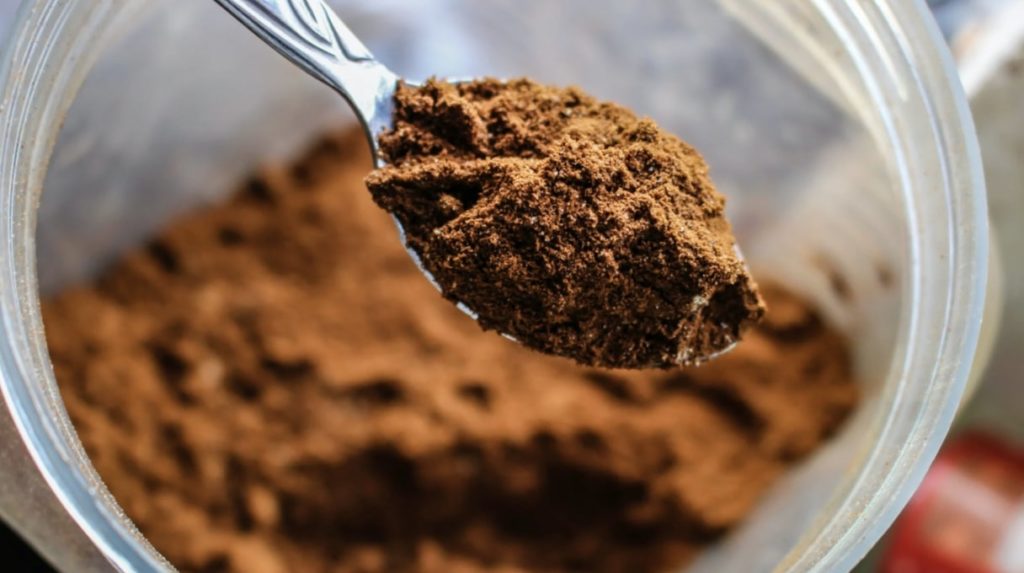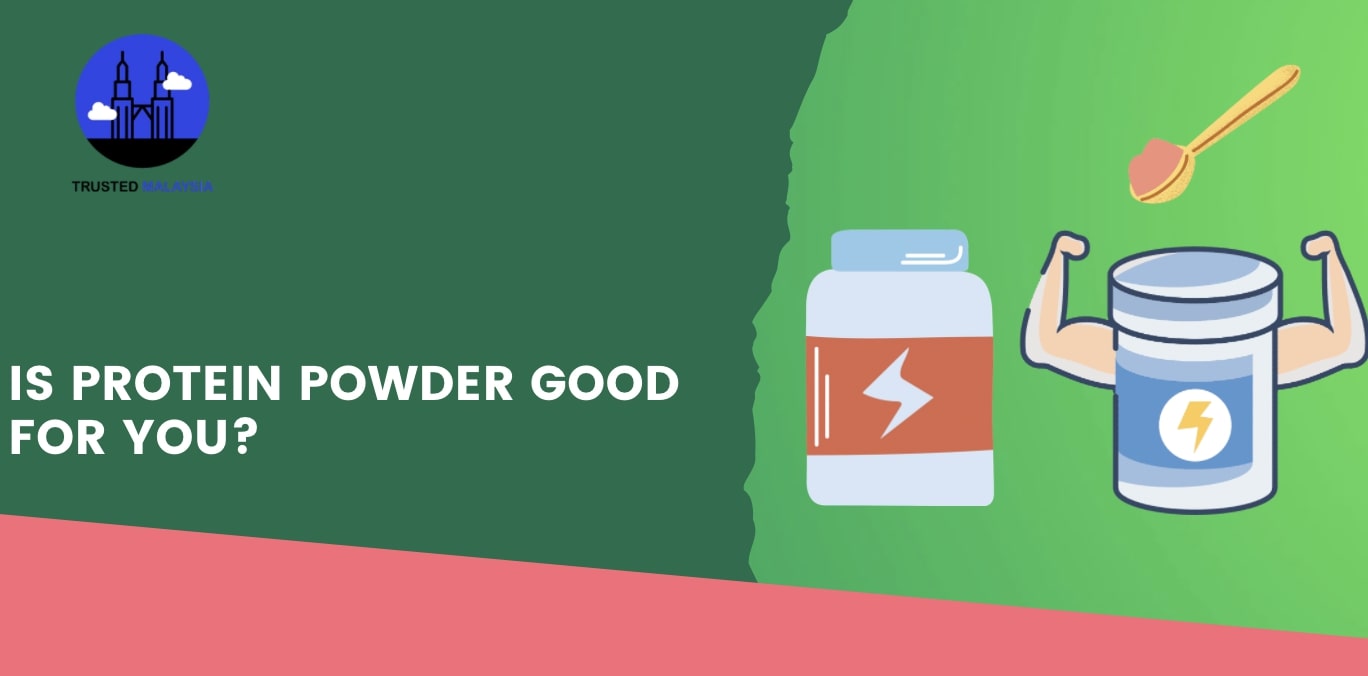Is Protein Powder Good for You?
Whether you’re a senior, athlete, vegan, or someone who lacks protein in their diet, protein powder can help your muscles recover, strengthen your bones, and lower cholesterol.
But note that protein powder is only a dietary supplement. Also, it shouldn’t replace a healthy diet of nutrient-rich foods and plenty of fruit and vegetables as well as regular exercises like running on a treadmill or cycling.
But then you may ask, is protein powder good for you, what is it made of, and what are the health risks associated with it?
Don’t worry, as we will answer these questions through our simple guide here. So scroll down to find out!
What is protein powder?

Protein powder is an artificial source of protein mixed into any liquid, most commonly milk or smoothie.
It uses one or more types of protein derived from food. Animal food sources include eggs and cheese, and plant-based food comes from brown rice, quinoa, pumpkin seeds, hemp, and split peas.
The difference between them is that animal protein, like whey and casein, contains more protein and fat, while vegetable-derived protein is higher in fibre and essential nutrients and has a lower calorie count.
The Risks of Protein Powder

With that in mind, allow us to enumerate the risks of using protein powder below:
- It can have a high amount of added sugars and calories that can lead to weight gain and a blood sugar spike, which in turn, may cause diabetes.
The sugar count differs among protein powders. One scoop of a protein powder can have as little as 0g to as much as 23g.
The American Heart Association recommends that men should consume no more than 36g of added sugar per day and women must not exceed 25g of extra sugar each day.
- Milk-based protein powder can cause digestive discomfort for some people such as indigestion, bloating, stomach cramps, diarrhoea, and gas.
If you are lactose-intolerant or have a dairy allergy, you need to get a different type of protein powder other than a milk-based one or eat more protein-rich food like fish and chicken.
- Unfortunately, the side effects of constantly using protein powder aren’t precisely known. To make the issue worse, the formulation of protein powders greatly differs from each other.
- About two years ago, a non-profit group called the Clean Label Project discovered protein powders to contain a considerable amount of toxins.
Among the toxins are BPA chemicals (used in making plastic), heavy metals (including lead, mercury, cadmium, and arsenic), pesticides, and other harmful substances that can cause cancer and other serious health conditions.
The Best Way to Increase Your Protein Intake

As you have seen, there are a lot of health issues that can be brought about by using protein powder in your drinks, which as we said, included high amounts of toxins and added sugar. So, it’s always better to be safe than sorry.
However, some people who have health complications may require chemical protein powder, but they should be supervised by a doctor or nurse. If they don’t supplement their protein intake, their body’s resistance and muscles will grow weak and they won’t be able to recover fully.
Other than that, still, the best way to get your daily protein requirement is to eat natural high-protein food like lean meat, fish, poultry, and low-fat dairy. For a balanced diet, you have to combine it with whole foods like grains, nuts and seeds, legumes, and fruit and veggies.

